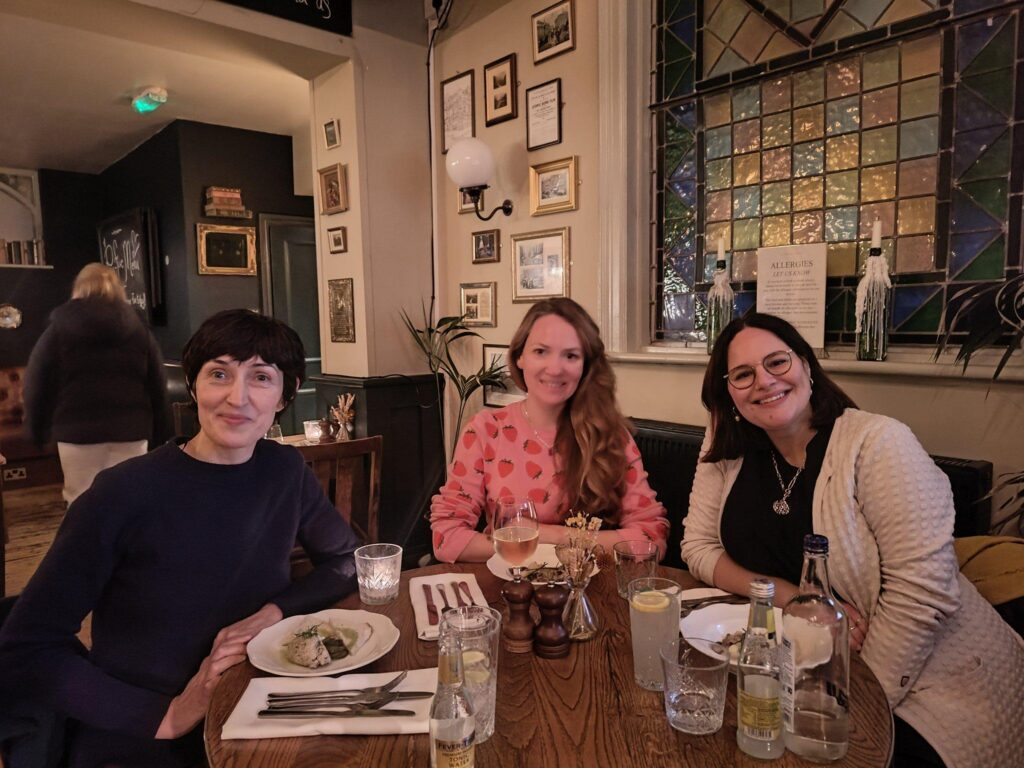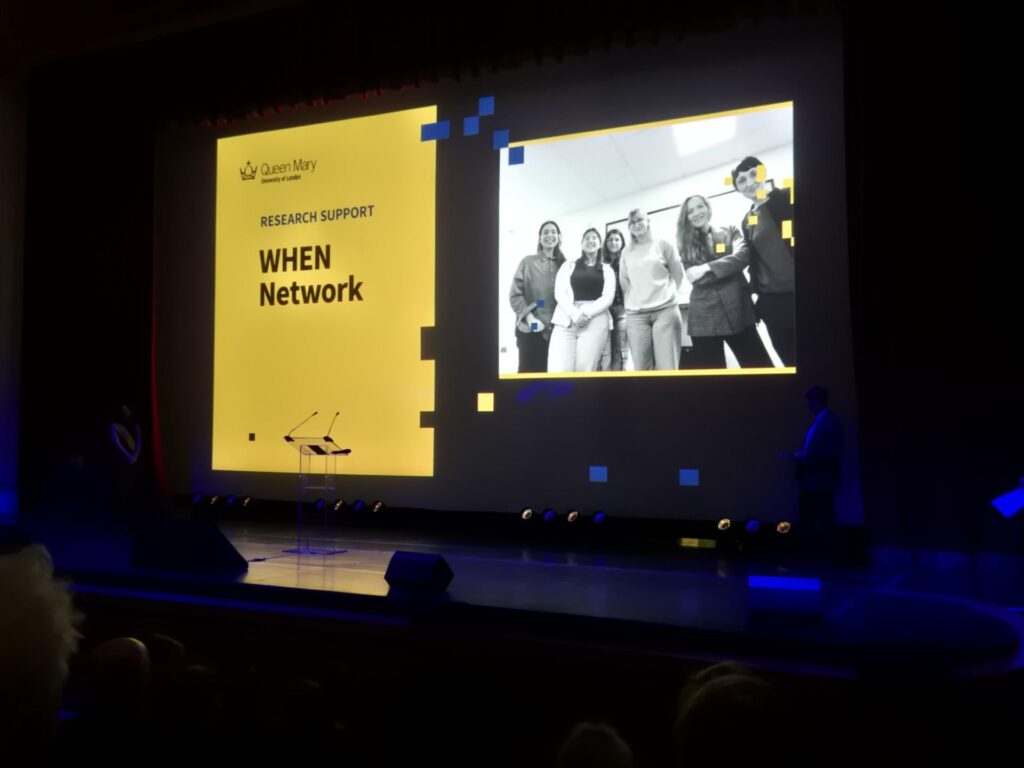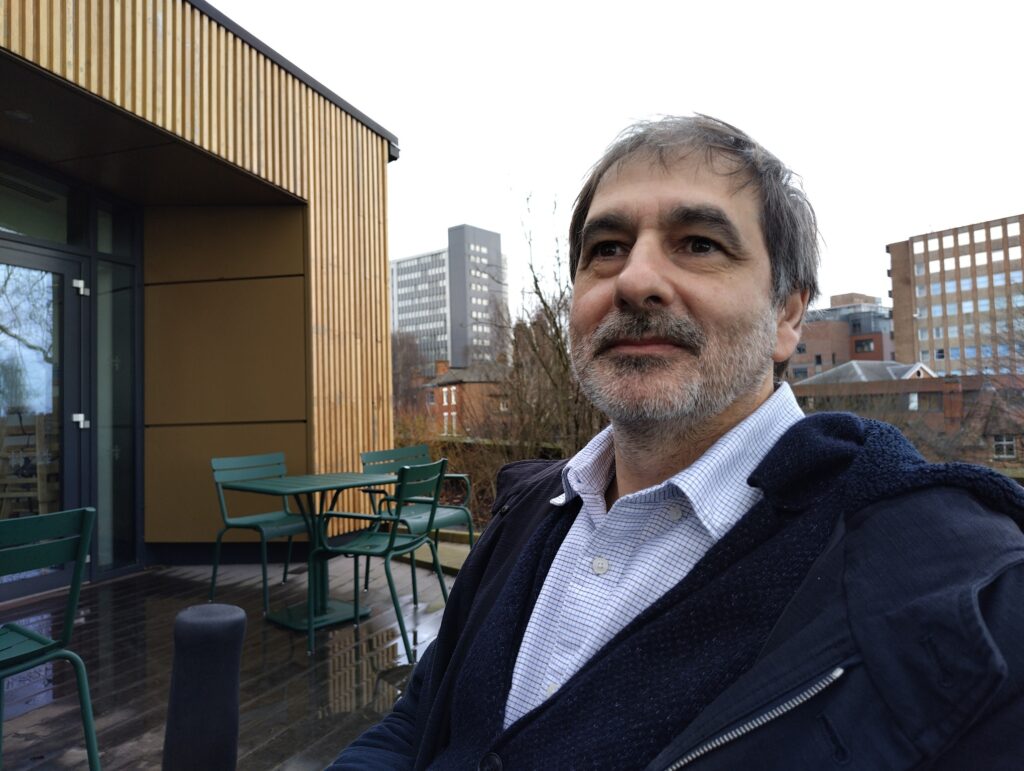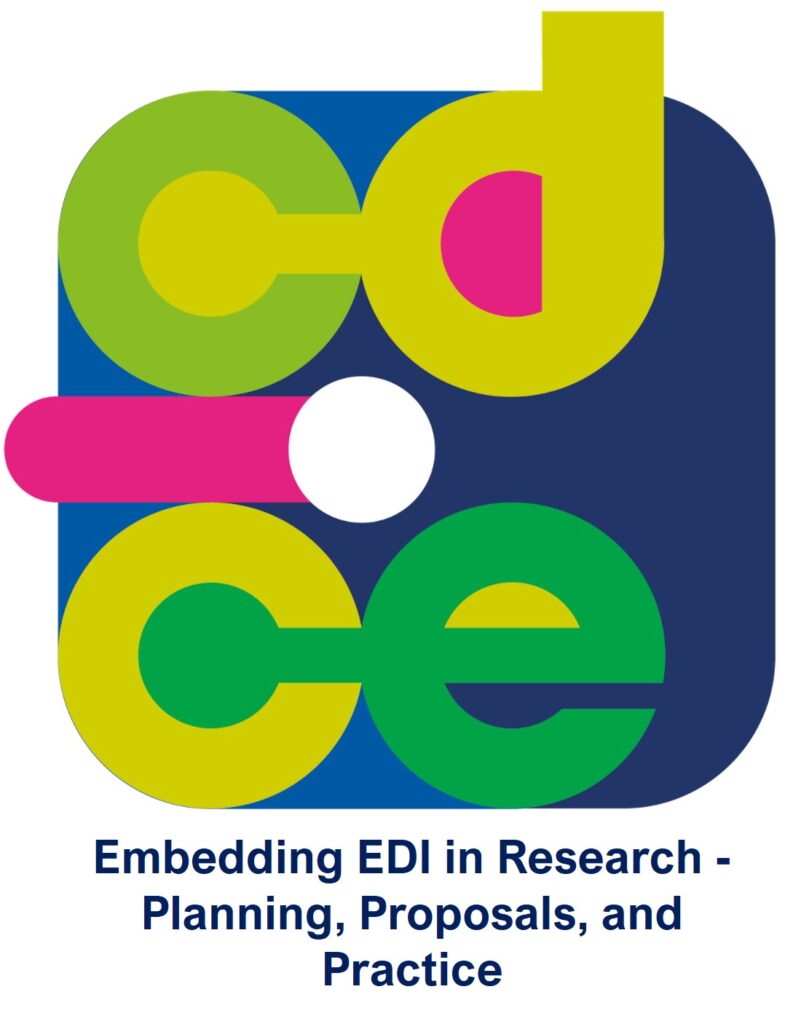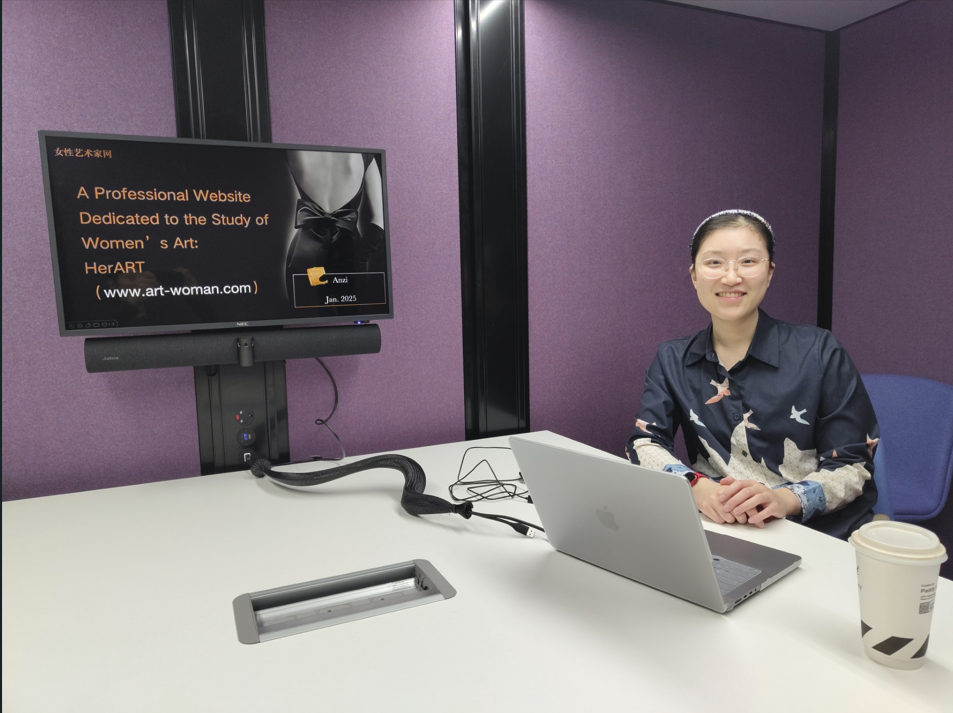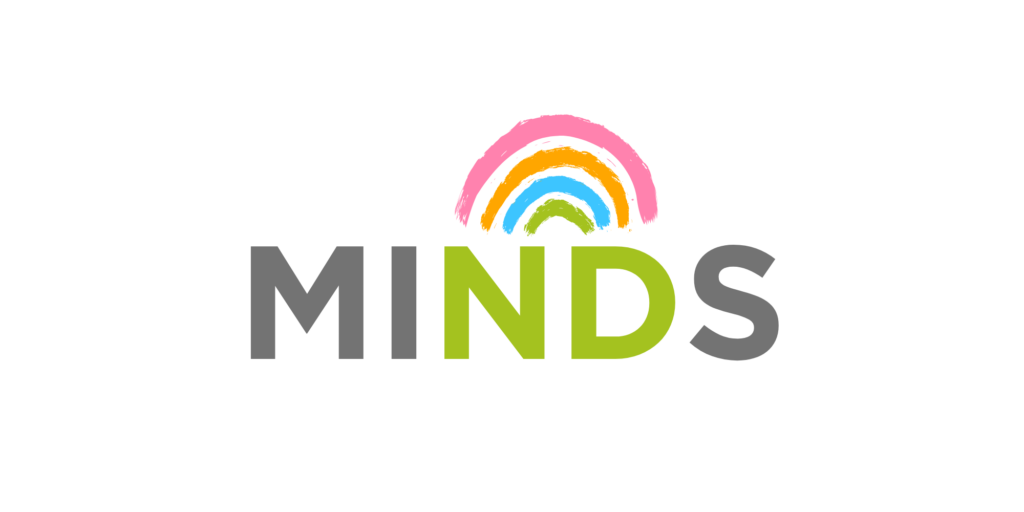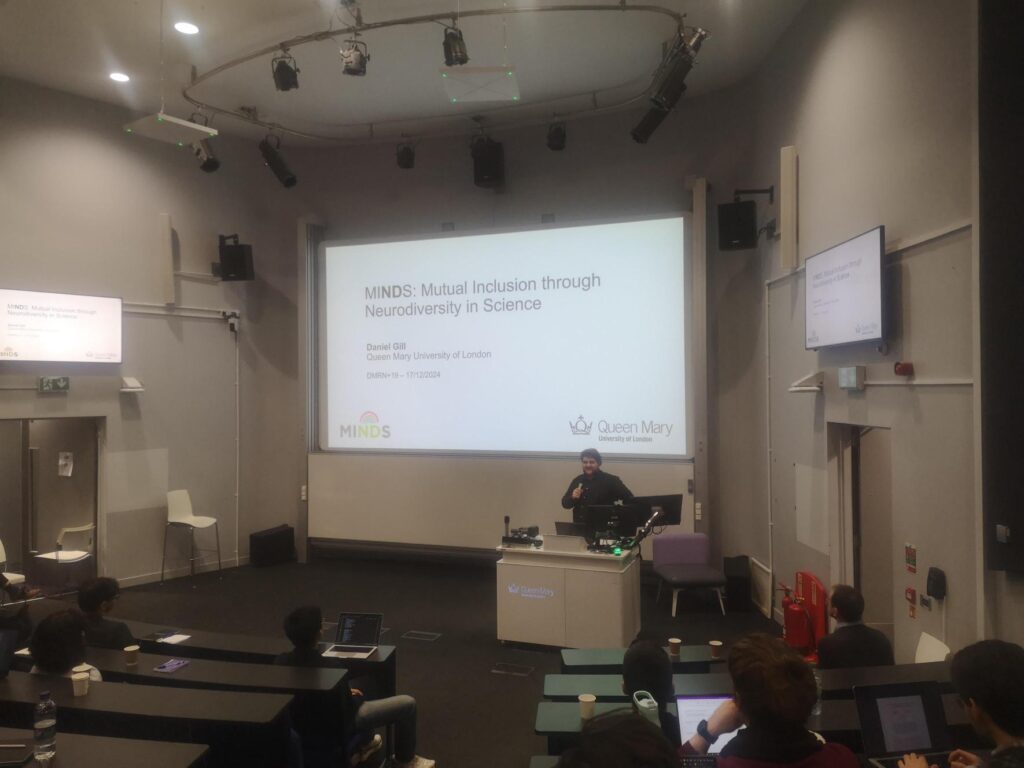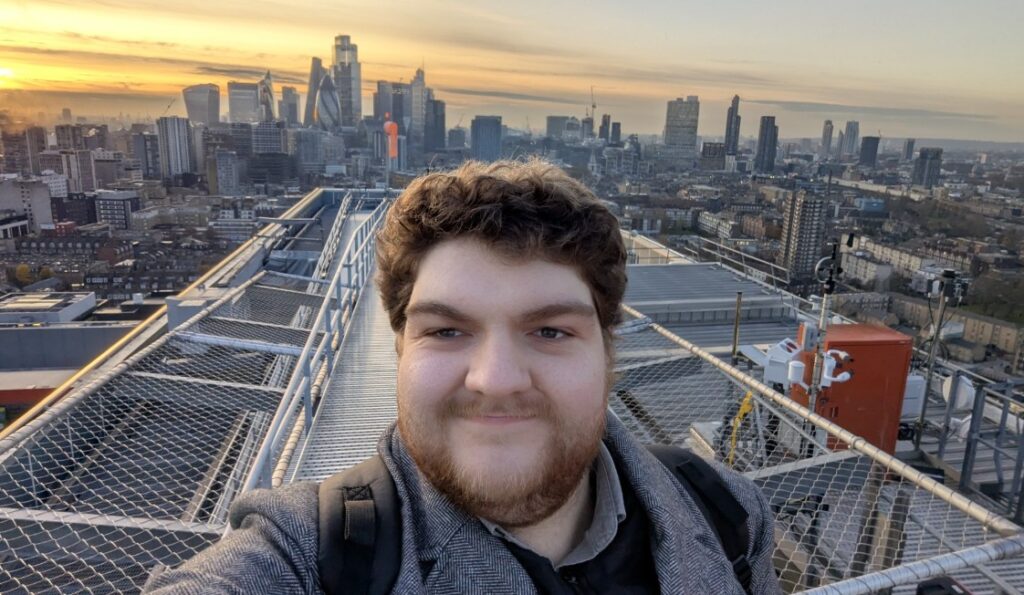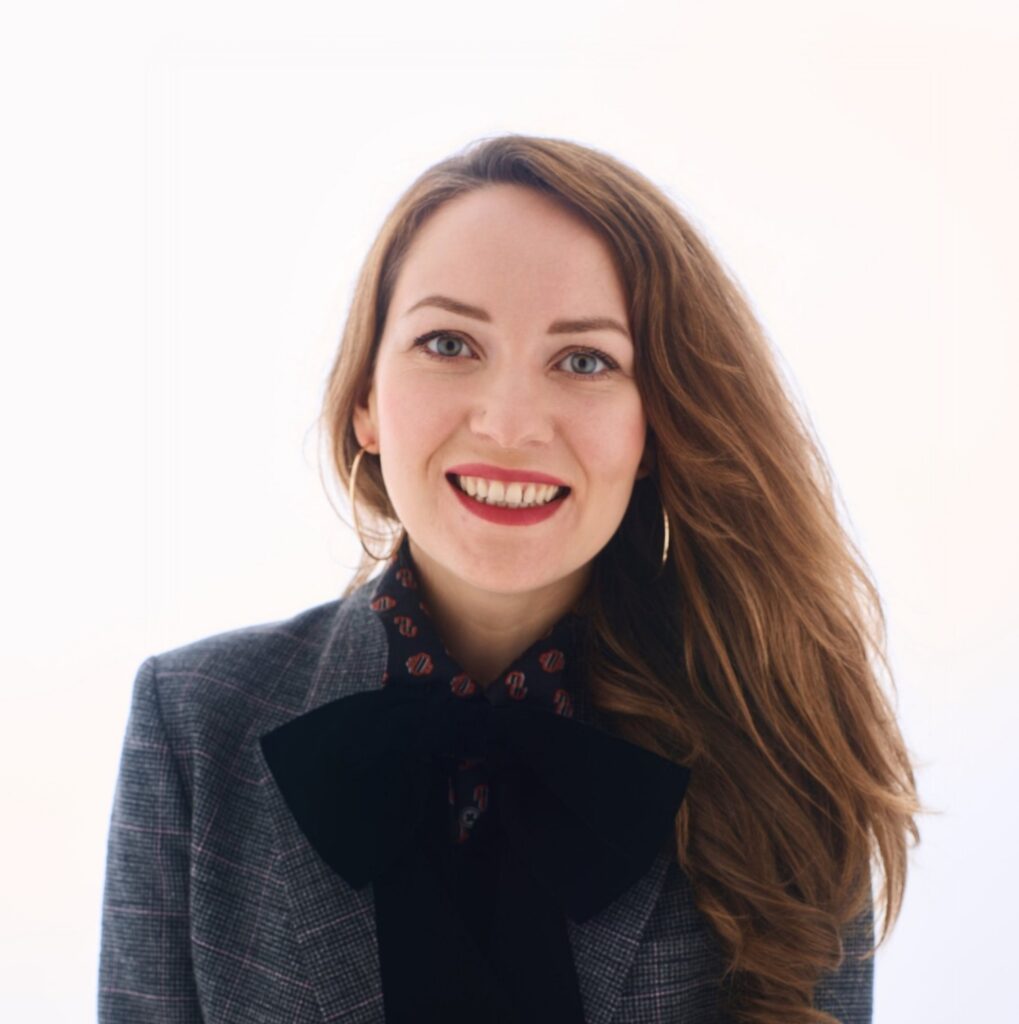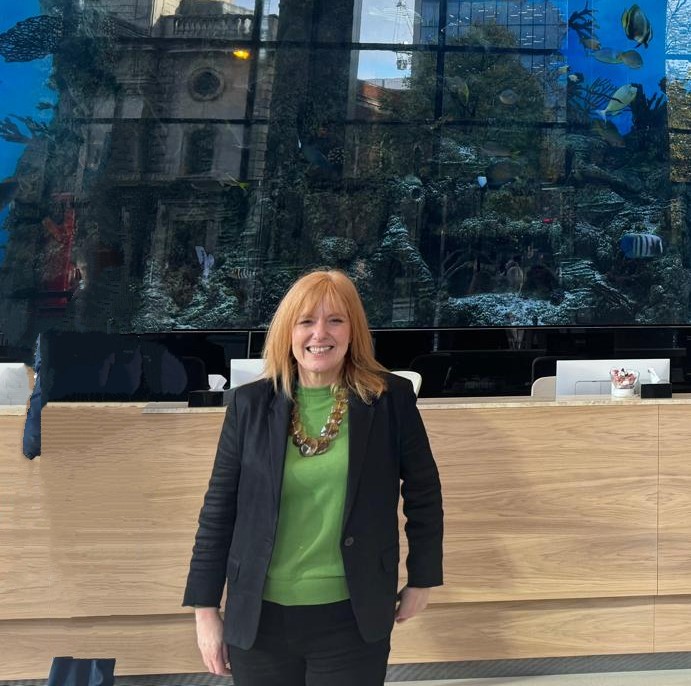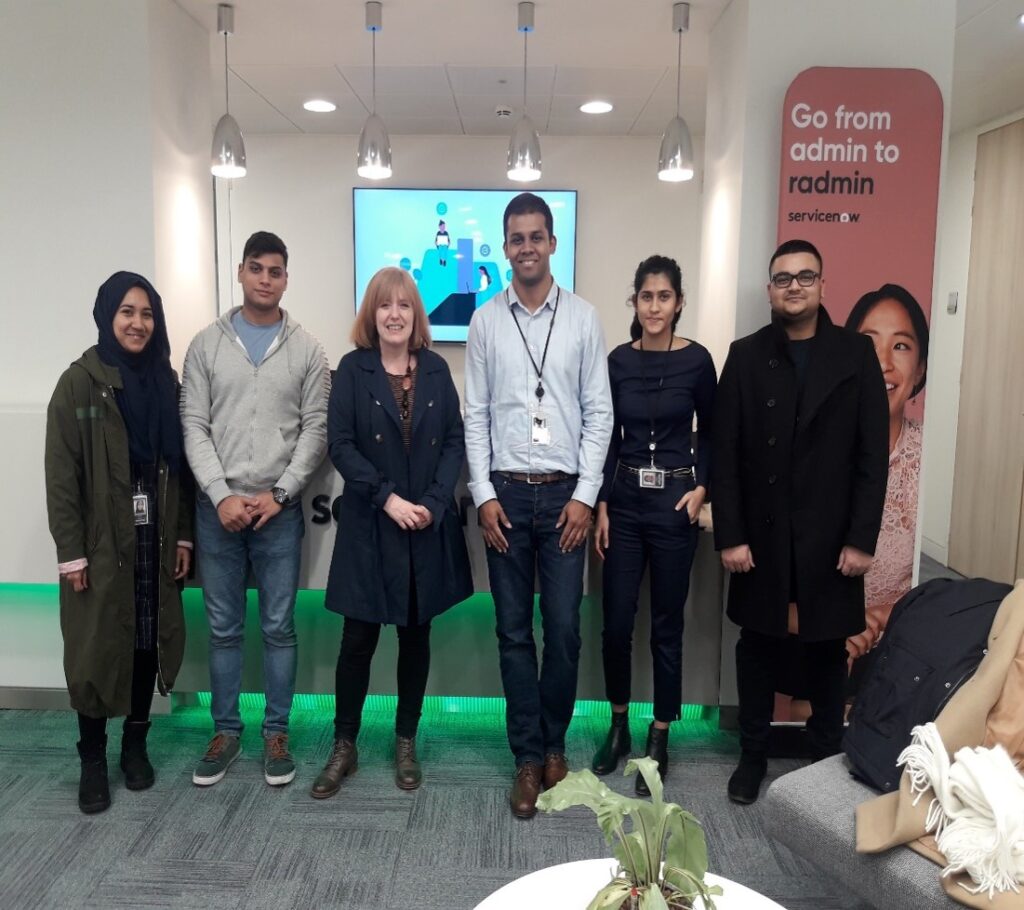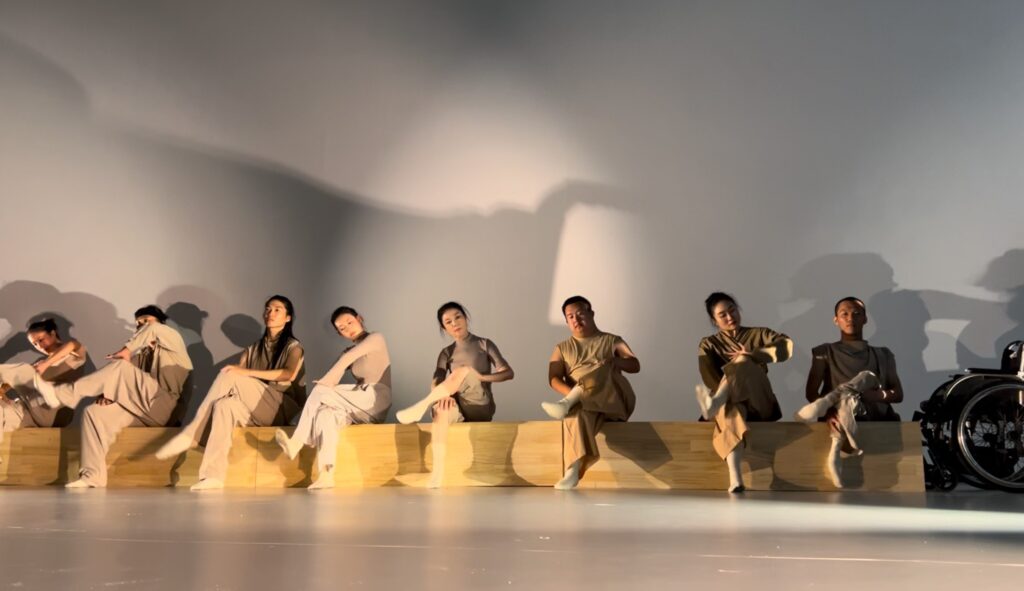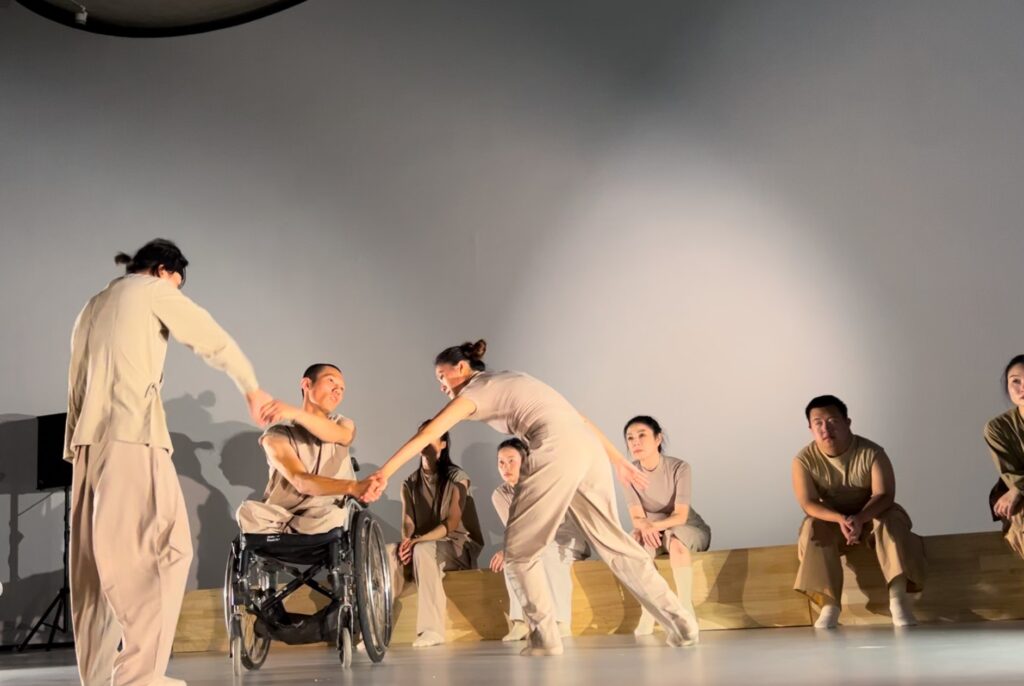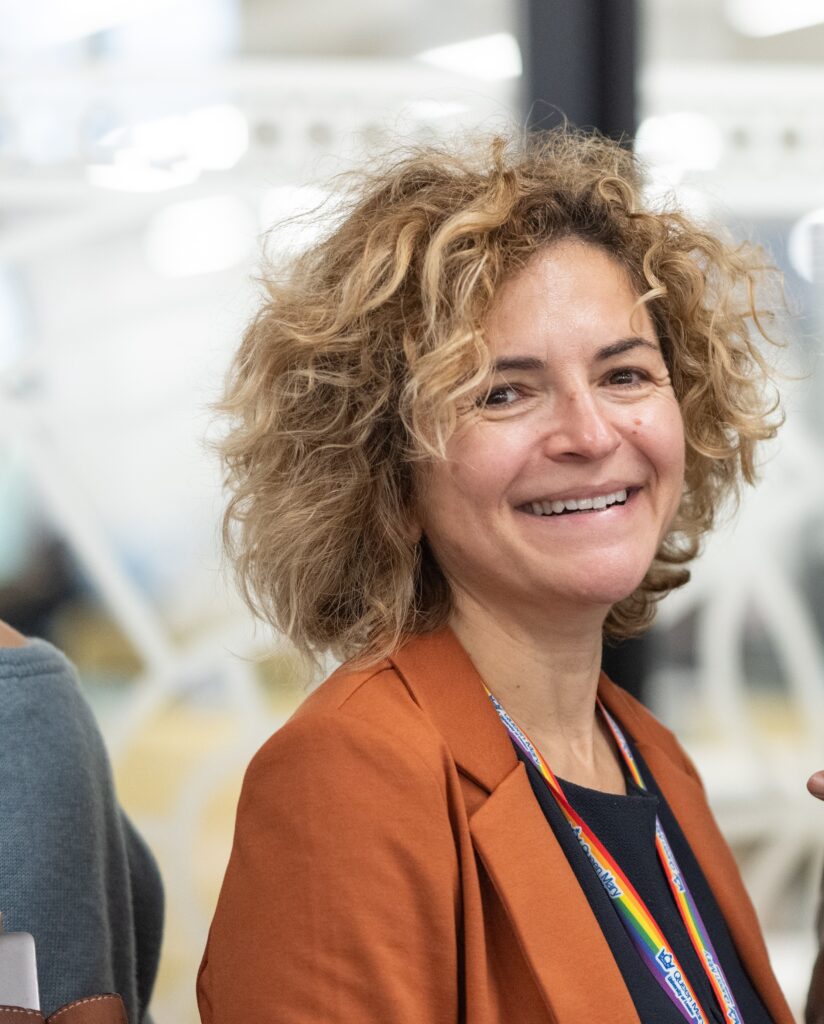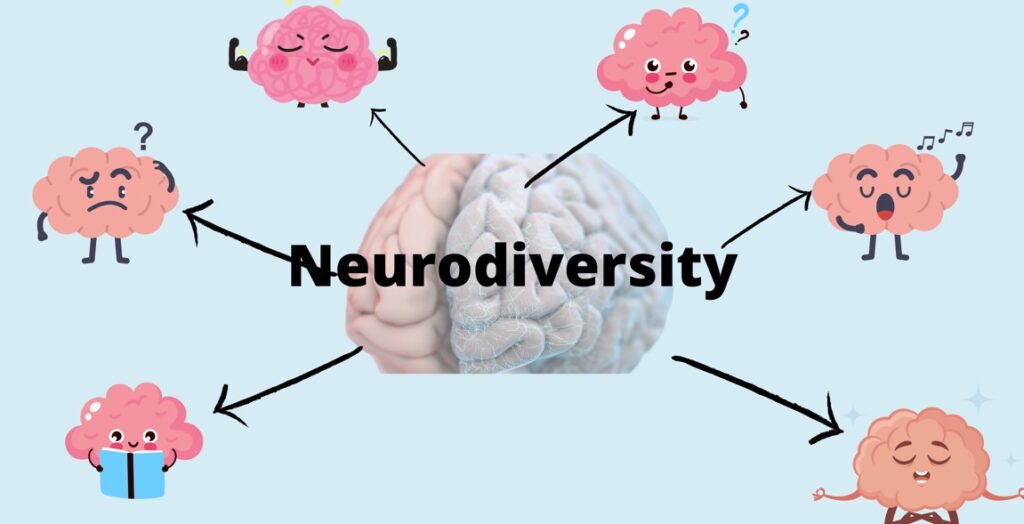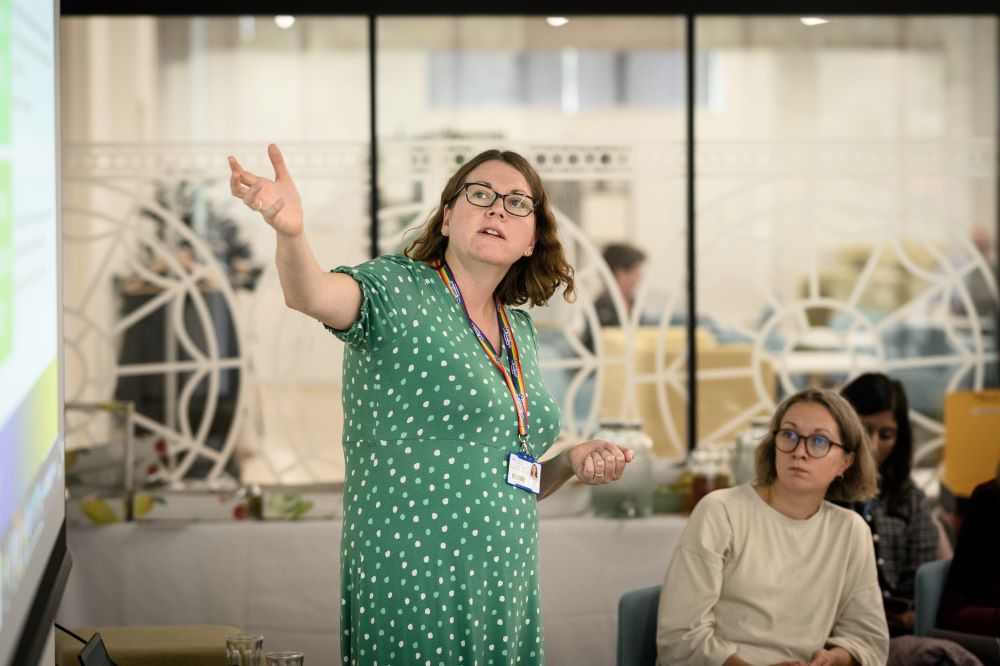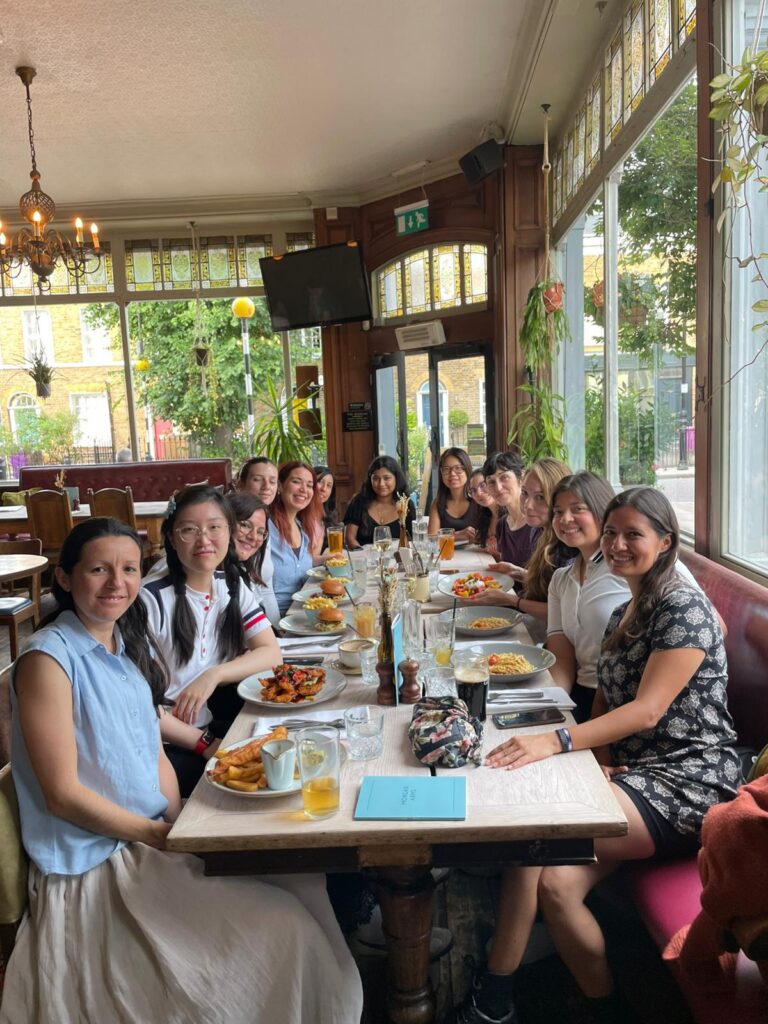
Ekatarina Ivanova is one of the founders of the Women in Higher Education Network (WHEN). You can learn more about their activities including events in February and beyond here.
Two years ago we spoke about FAN (the Female Academic Network), which is now WHEN (Women in Higher Education Network). What has WHEN been up to since then?
It began with some funding for activities connected to anyone identifying as a woman in EECS. We received funding from ERIC (internal funding from QMUL). Anna Xambó joined a couple of months after it started, and it was brilliant to share the responsibilities. The group is very efficient, it gets large results from small expenditure.
In the first year, we were trying to understand which formats worked best. What did we want to do? We tried pub meetings, workshops, and groups to provide support. Initially, we were quite a small group, with just five to ten people at most attending meetings. By the end of the first year, we had thirty-five people on the mailing list.
In the second year, we asked members what they were interested in and received further funding from ERIC. We got used to announcing events well in advance so people could organise their time better. We understood that those with caring responsibilities need daytime events (e.g. afternoon tea). We also found that younger participants, such as PhD students, enjoy lighter “fun” activities; for example, we ran a session of painting in the dark with UV paints. This allowed people to build a contact network in a relaxed environment.
We are still trying to understand what people want. The School of Biological Sciences (through Laura Crucianelli) joined later to expand the programme and co-ordinate larger events. We are also collaborating with IT Services’ Women in Tech group. We are co-organising a coffee morning in February across many different departments at QMUL. A small budget allows us to cover some fun events that help women to network. We are also thinking about wider diversity initiatives beyond a sole focus on women.
Give me some example events that you participate in.
We run some sporty events, such as yoga and Zumba, which take place during the working day and provide a good opportunity to network. We also organise simple activities like coffee mornings, which are easy to arrange but allow people to chat. We screened the film Hidden Figures in Arts One, and we also held a silent disco. We also run more serious events, such as a workshop with Paul Curzon on public engagement, and another with an actor to help develop communication skills that are useful for presenting at workshops or while teaching.
What are your plans for the next year?
From March, we will be running coaching sessions for Lecturers and Senior Lecturers who identify as women. These will be small-group coaching sessions focused on particular topics, delivered by Claire Revell, and will help participants develop professional skills. We found that people bond more when they are at a similar career stage, as they can share comparable experiences and learn from each other with support from a coach.
Initially, the focus was just on EECS, but this is broadening. We have already involved CBBS through Laura Crucianelli, are working with IT Services, and are in discussions with SEMS.
We are also working with Claudia Garetto, who leads EDI within the faculty, and who helps us connect with colleagues in Mathematics. Our ambition is to become faculty-wide, but this is happening naturally and organically. This expansion has helped us build a wider network: Anna connected with a PhD student, I found collaborators in Australia, and it helped me recruit demonstrators for my course.
Antonella Torrisi, a PhD student, has helped significantly with organising events and has been invaluable in getting things off the ground.
